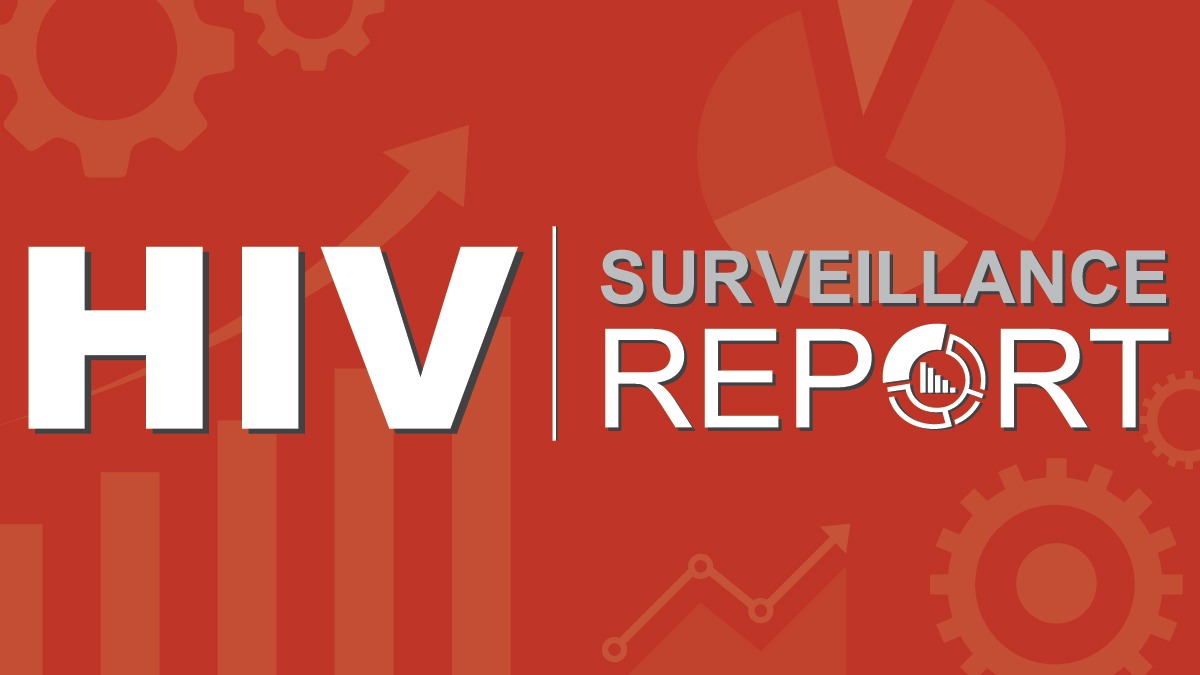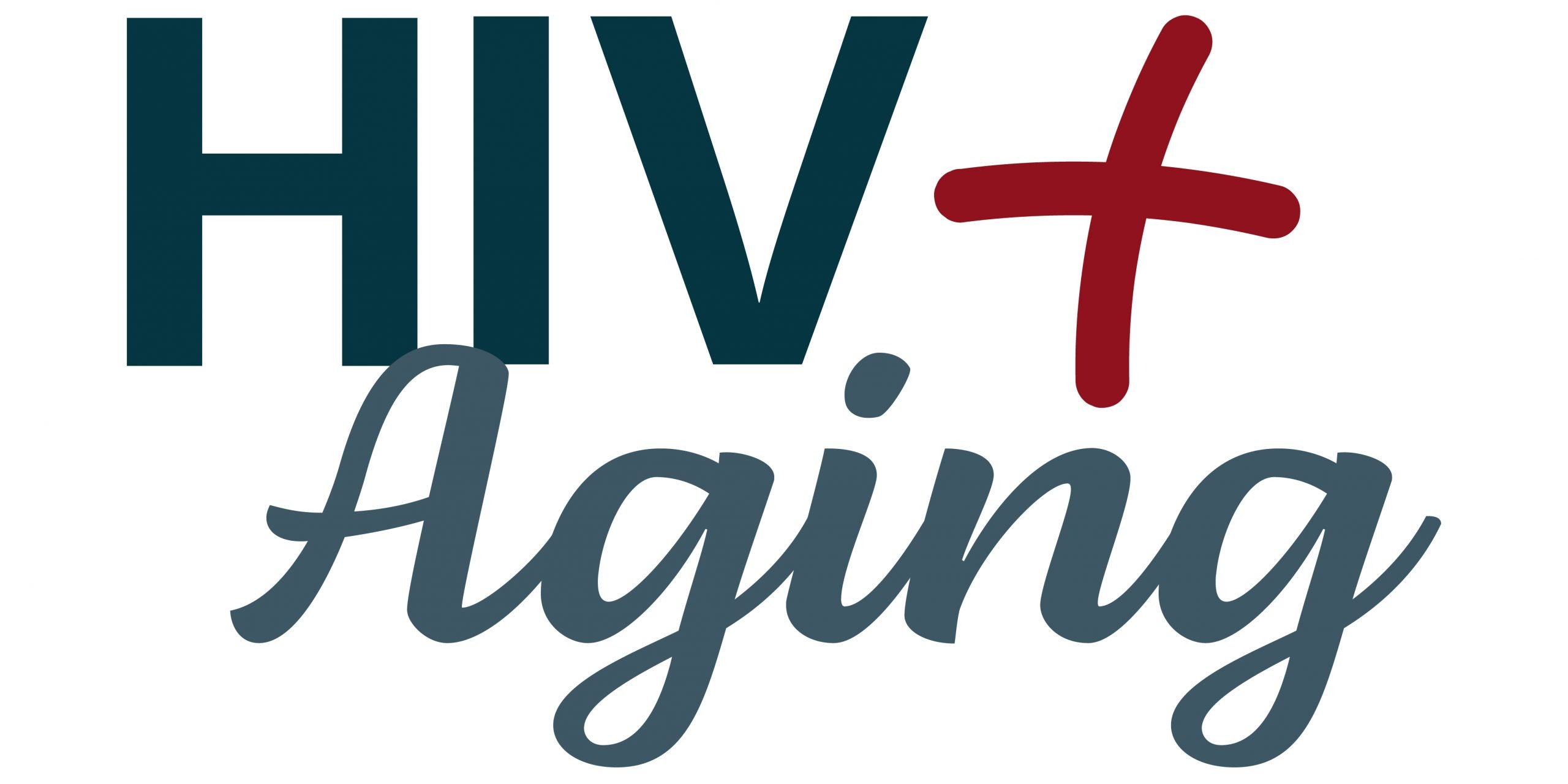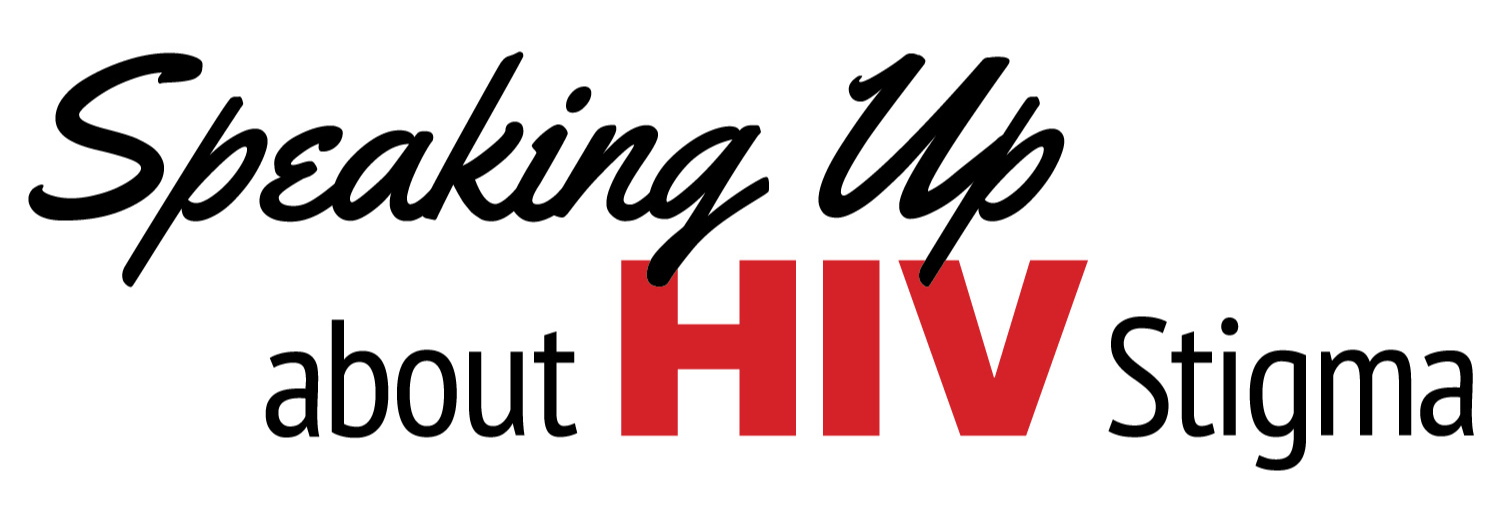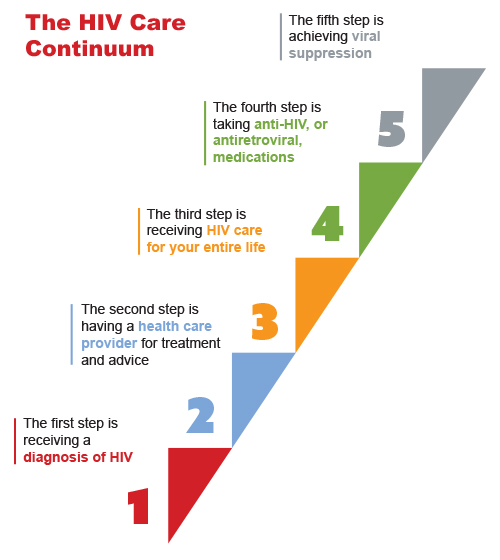The best reason to take anti-HIV medications is to achieve “viral suppression.” Reaching viral suppression means that the amount of HIV in your blood is very low. Keeping HIV at this low level helps you to stay healthy and live longer, and greatly reduces your chances of passing HIV on to others.
To achieve viral suppression, it’s important to take your anti-HIV medications – also known as anti-retroviral treatment (ART) – exactly as prescribed. This “treatment adherence” usually involves taking three classes of anti-HIV medications each day, sometimes combined in one pill.
It’s important to stay as true to your treatment regimen as possible, without skipping medications or daily doses. Excellent treatment adherence will increase your chances of achieving viral suppression.
An average of 53% of persons living with HIV in Illinois have achieved viral suppression, according to the Getting to Zero Illinois HIV Dashboard. African Americans in Illinois are least likely to have controlled HIV in this manner, with 47% achieving viral suppression, compared to 52% of Hispanics and 63% of whites. All age groups are between 50%-55%.
The HIV Care Continuum
Reaching viral suppression is the fifth and final step of the HIV Care Continuum.
The first step is receiving a diagnosis of HIV. About 87% of people living with HIV in Illinois have reached this step, according to the Getting to Zero Illinois HIV Dashboard. That means about 1 of 7.5 people living with HIV don’t know they have HIV. It’s important to get tested and know your HIV status.
The second step is having a health care provider who can offer you treatment and advice to help you stay as healthy as possible, and to avoid from passing HIV onto others. About 80% have reached this step, according to the Getting to Zero Illinois, leaving about 1 of 5 of persons living with HIV without a regular care provider. Your Illinois HIV Care Connect case manager can help you find a health care provider.
The third step is receiving HIV care for your entire life. Because no cure for HIV exists at this time, you must receive HIV care regularly. About 68% of persons living with HIV in Illinois receive regular care, according to Getting to Zero Illinois. However, about 1 of 3 HIV-positive individuals do not receive regular care.
The fourth step is taking anti-HIV, or antiretroviral, medications. The recommended treatment for HIV infection, antiretroviral therapy, or ART, prevents HIV from making copies of itself. This treatment generally means taking three classes of anti-HIV medications each day, sometimes combined in one pill.
The fifth step is achieving viral suppression – a low level of HIV in your blood. Viral suppression can help persons living with HIV have healthier and longer lives and can reduce the likelihood of transmitting the virus to another person. Taking your HIV medications regularly makes the greatest impact on viral suppression. About 53% of persons living with HIV in Illinois have reached this step, according to Getting to Zero Illinois. If you haven’t yet, take the necessary steps today. Enrolling in Illinois HIV Care Connect can help.
Learn more about viral suppression and the HIV/AIDS Care Continuum.






